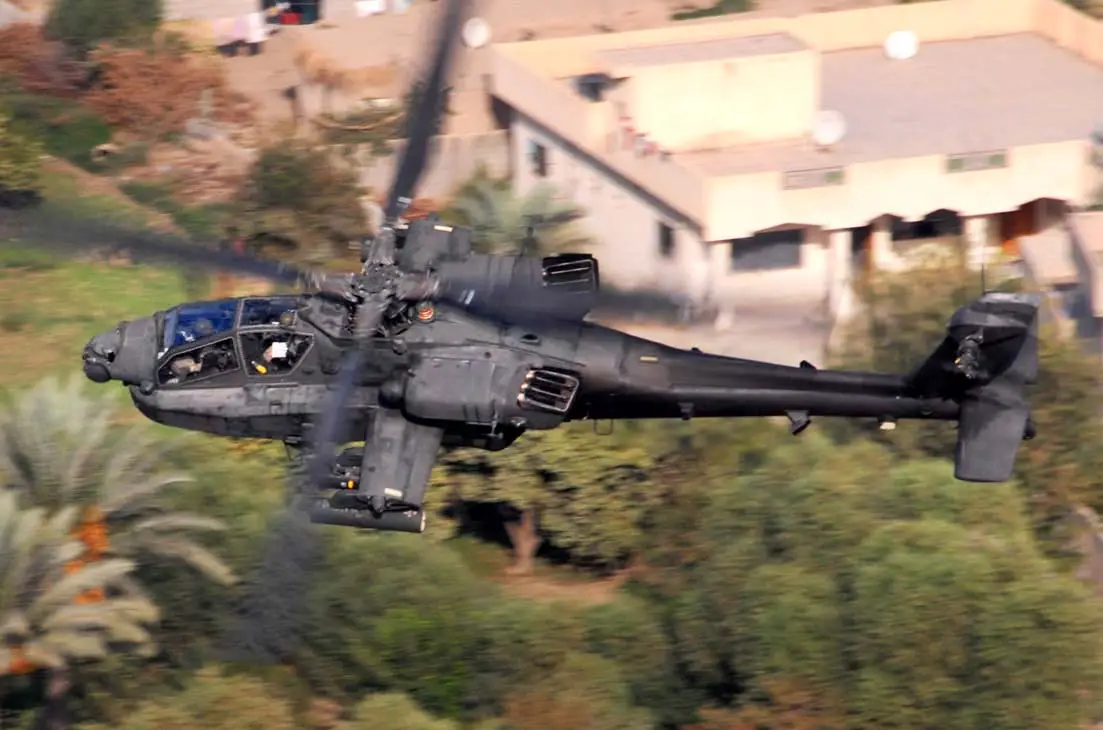The U.S. State Department intends to retire hundreds of AH-64D Apache attack helicopters, which have depreciated over the years, thus freeing up space for new developments in this area, or already for manufactured new helicopter models. For this reason, U.S. State Department is already looking for companies to take full responsibility for the process of dismantling the old helicopters. U.S. State Department will try to follow a plan that allows up to 7 helicopters to be dismantled per month, which will provide years of work for the company that won the tender to dismantle this model of obsolete helicopters.
“The United States Government (USG) Army Contracting Command- Redstone Arsenal (ACC-RSA) is conducting market research to determine potential sources for the depopulation of the Apache AH-64D for the Project Manager for Apache Attack Helicopter (PM AAH) within the Program Executive Office for Aviation (PEO AVN),” the notice reads. “The USG seeks to identify potential sources that possess the expertise, capabilities, and experience to meet the requirements necessary to depopulate the Apache AH-64D Attack Helicopter, sourced directly to the Government.”
The possibility of small repairs on specific components of the machines is not excluded, which will increase the life cycle of these components and their use as spare parts in the future. According to a circulated document from the US State Department, work on the repair and dismantling of AH-64D Apache helicopters is expected to begin in early 2022 and be completed within five years (until 2027). The notice gives further details and said that the period of performance for this work is from January 2022 through December 2027 with the first delivery required in June 2023 and the last delivery required in March 2027.
The current U.S. Army Aviation fleet contains both AH-64D Longbow Apaches and AH-64E models. The AH-64D Apache Longbow is equipped with a glass cockpit and advanced sensors, the most noticeable of which being the AN/APG-78 Longbow millimeter-wave fire-control radar (FCR) target acquisition system and the Radar Frequency Interferometer (RFI), housed in a dome located above the main rotor.[304][305] The radome’s raised position enables target detection while the helicopter is behind obstacles. The AN/APG-78 is capable of simultaneously tracking up to 128 targets and engaging up to 16 at once; an attack can be initiated within 30 seconds.
















